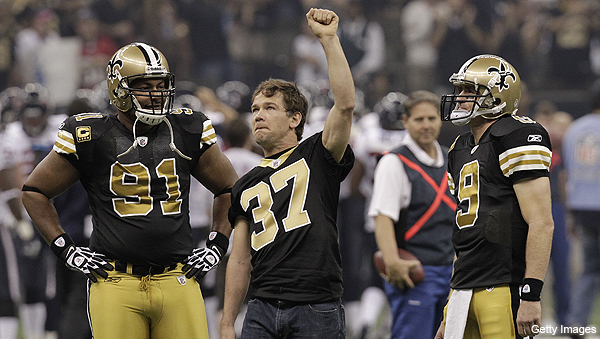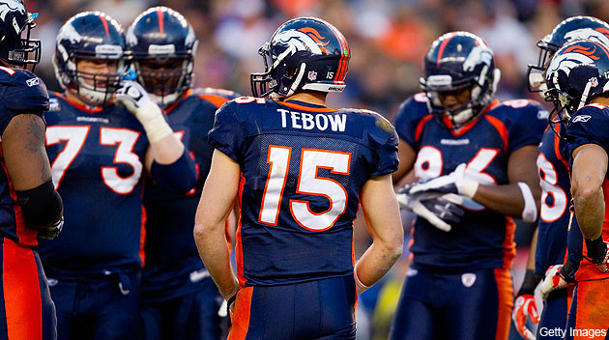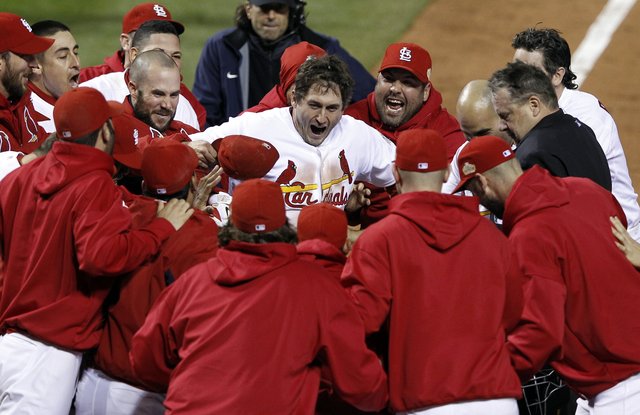-
Leadership Principle #1: Do What You Say You Will Do
by Cory Dobbs, Ed.D. 01-03-2012 11:44 PM Athlete Career Development | Leadership
-
Athlete Weekly Rundown: Cam Newton's work ethic is the key to his success, Money will never change Derrick Rose & Dennis Horner's longshot NBA dreams came true
by Al-Hassan Sheriff 01-02-2012 11:38 PM Athlete Weekly Rundown
-
Embracing Challenges
by Jason Krump 01-01-2012 11:59 PM Education | Human Relations
-
Athlete Weekly Rundown: Former Super Bowl winner Ben Utech suffering memory loss at 30, Retirees file a rash of lawsuits against the NFL over head injuries & Peja Stojakovic and Brandon Roy retire due to injuries
by Al-Hassan Sheriff 12-26-2011 11:18 PM Athlete Weekly Rundown
-
Lead Like Tebow, Now!
by Cory Dobbs, Ed.D. 12-26-2011 07:14 PM Athlete Career Development | Leadership
-
Ravens Anquan Boldin Hosts 1st Fundraiser Dinner in Baltimore
by Matthew Allinson 11-13-2011 11:58 PM Philanthropy | Special Event
-
Athlete Weekly Rundown: Terrence Jones focused on taking next steps at Kentucky, with mo' money comes higher expectations for Chris Johnson & DeAngelo Williams & Jared Allen assists wounded veterans
by Al-Hassan Sheriff 11-13-2011 09:39 PM Athlete Weekly Rundown
-
Reputation Management: Lessons from the St. Louis Cardinals on Collapse and Comeback
by Wesley Mallette 10-31-2011 12:35 AM Public Relations | Crisis Management | Image Branding
-
10 Tips For Pro Basketball Players Playing Overseas
by Corey Crowder 10-30-2011 11:58 PM Life After Sports | Athlete Career Development
-
Athlete Weekly Rundown: Student-athlete graduation rates are up, Michael Beasley countersues his ex-agent & JaMarcus Russell finally tells his side of the story
by Al-Hassan Sheriff 10-30-2011 04:58 PM Athlete Weekly Rundown




